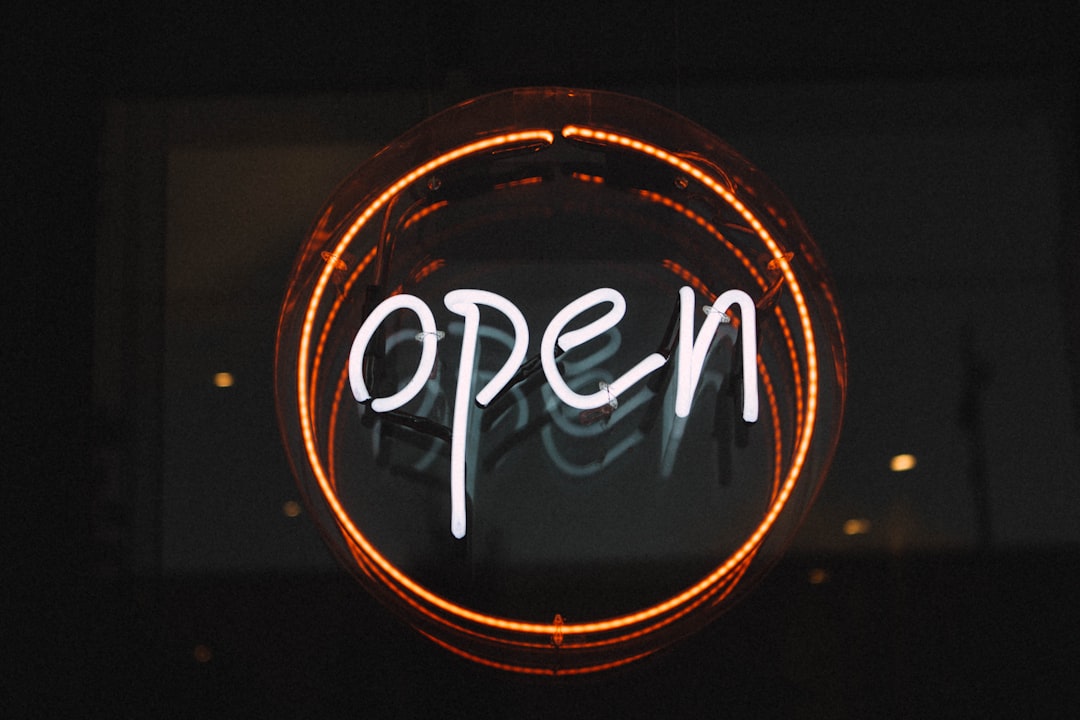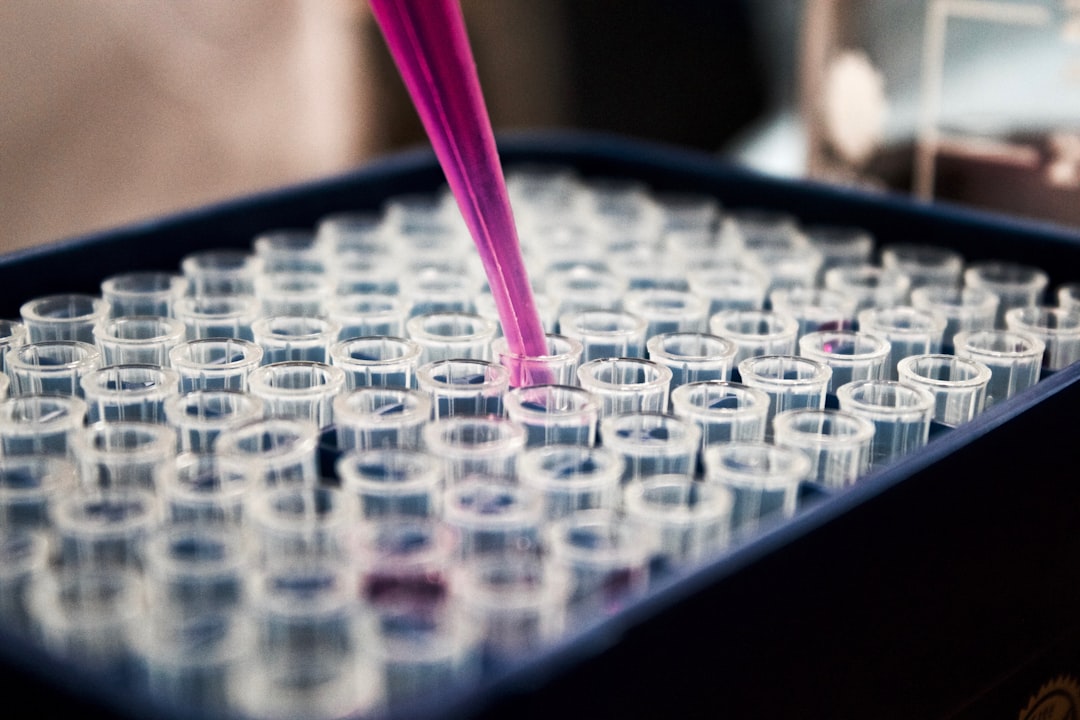- Cultivated
- Posts
- New York cannabis settlement may open things up
New York cannabis settlement may open things up
Good morning from Las Vegas. Our friendly Cultivated team is en route to Vegas as we speak — if you’re around the show and would like to chat, reach out!
We’ll see you today at 8:30 am Pacific on our LinkedIn page for Cultivated Live. Let’s do this!
Edited by Jay Rosenthal and Jeremy Berke
💡What’s the big deal?
NEW YORK, NEW YORK
Settlement paves the way for more dispensary openings
Driving the news: New York’s chief cannabis regulatory agency, the Cannabis Control Board (CCB), voted to settle a lawsuit with a group of veterans that was holding up dispensary opens in many regions across the state — including Brooklyn, reports Syracuse.com.
The CCB voted to agree to the terms of the settlement in a meeting on Monday afternoon. The agreement now awaits the judge’s signature as of this writing on Tuesday morning.
Let’s back up for a second: New York’s legal cannabis rollout has been hotly contested, to say the least. The lawsuit (and now settlement) has been closely watched by the state’s burgeoning industry.
The design of New York’s cannabis law, and the source of much controversy, is that cannabis legalization could be a tool to provide economic opportunity and correct the decades-old injustices of the War on Drugs.
The initial suit was filed on behalf of Carmine Fiore, a disabled military veteran, who says he and other disabled vets should’ve had first crack at the state’s lucrative cannabis market.
The suit argues that veterans should’ve been included in the Conditional Adult Use Retail Dispensary program, which, per the letter of the law that legalized cannabis in the state, gives preferential access to economically disadvantaged entrepreneurs.
But a judge on the case placed an indefinite injunction on new CAURD licenses around four months ago, preventing hundreds of new stores from opening. Some experts worried that this lawsuit could kill the CAURD program entirely.
While nothing can happen without the judge’s signature, it’s a big step for getting much-needed stores open across the Empire State.
Our take: New York’s lofty goals for its cannabis program have led to a much-too-slow rollout for the state’s legal cannabis market.
Unlicensed dispensaries have popped up in place of legal, regulated shops. These stores frequently sell products that haven’t been tested for harmful pesticides, (and could contain much more, or much less THC than advertised), and don’t pay taxes or employ strict age control.
It’s on the state to fix this, and fix this soon. Getting this injunction lifted is a good start.
As our editor-in-chief Jeremy Berke wrote over six months ago, cannabis isn’t a silver bullet. The side effect of trying to use cannabis as a tool to correct decades of racist policing and economic policies is the risk of kneecapping the industry entirely before it has a real chance.
THC INFLATION
Your favorite product might not be what it seems
What happened: The potency of your favorite cannabis products might be wildly over-inflated, according to a new report from Yasha Kahn, a VP at the Massachusetts-based MCR Labs.
According to Kahn’s analysis, many labs routinely manipulate the potency of tested products — to the tune of 25% or more — because consumers generally demand the most THC for the least amount of money possible.
Some labs will also manipulate numbers around mold and yeast to allow products that shouldn’t pass muster onto store shelves.
Kahn shared his analysis directly with Cultivated’s editor-in-chief and it was also reported by MJ Biz.
Why it matters: This problem is far more widespread than you might expect, according to Kahn’s analysis.
It makes sense: Cannabis cultivators and brands want to ensure they’re selling the most product possible in an industry where margins are getting tighter every day. Higher potency products sell for more money.
Testing labs are loosely regulated — often by folks who either don’t know much about the industry or charitably speaking, just don’t care enough to pay attention — leading to widespread fraud.
If a cannabis brand isn’t getting the results they want, they could just go to a different lab or shop around for the results they want. That provides a clear incentive for testing labs to their results or go out of business, Kahn told Cultivated.
Our take: The cannabis industry is hurting for legitimacy among the mainstream business and financial community. Misleading consumers through fraudulent label claims isn’t going to help.
🧪 Science & Research
TEENS
Teens drink less when cannabis is legalized
What happened: California teenagers are binge drinking less and smoking fewer cigarettes following cannabis legalization in the state, according to new federally-funded research.
The study, published in the Journal of Psychoactive Drugs and funded by the National Institute on Drug Abuse, surveyed teens aged 18-20 prior to legalization and after legalization about their habits.
The researchers found that while the teens were drinking and smoking less — they weren’t using more cannabis either.
Why it matters: Preventing teen use is one of the key public health goals for cannabis policymakers.
There’s also a lot of hot air spewed by the anti-legalization crowd, who say that legalizing cannabis will cause an uptick in use among those with still-developing brains. Peer-reviewed evidence doesn’t support that claim.
While the researchers caution further study is needed for definitive results, it’s a strong step toward being clear-eyed about both the benefits and harms of legalization.
What they’re saying: “Future studies should monitor whether stable rates of cannabis use and declines in alcohol and cigarette use will be sustained as some participants reach legal age to access these substances for adult use, and how these trends continue or alter as participants enter later emerging adulthood,” the study’s authors write.
WHAT WE’RE READING
🥊 Quick hits
Canadian cannabis firm Cronos Group is selling its Peace Naturals Campus in Stayner, Ontario for $23 million in cash. It’s a sign of the times — the facility was one of the first legal cultivation sites in Canada.
Green Wednesday — the day before Thanksgiving — is one of the biggest single-day sales events for cannabis businesses. This year, total recreational sales topped $9.2 million, up from $7.8 million the year prior, according to data from cannabis tech firm Jane Technologies shared with Cultivated. Illinois dispensaries sold the most cannabis, at nearly $2.9 million, followed by California at just over $1 million.



